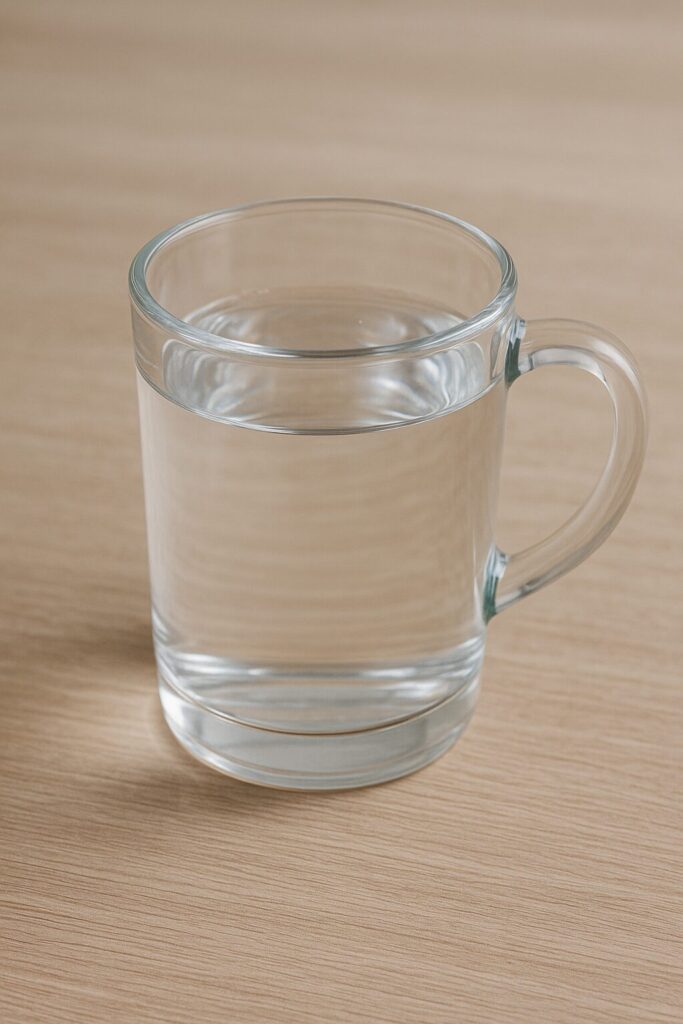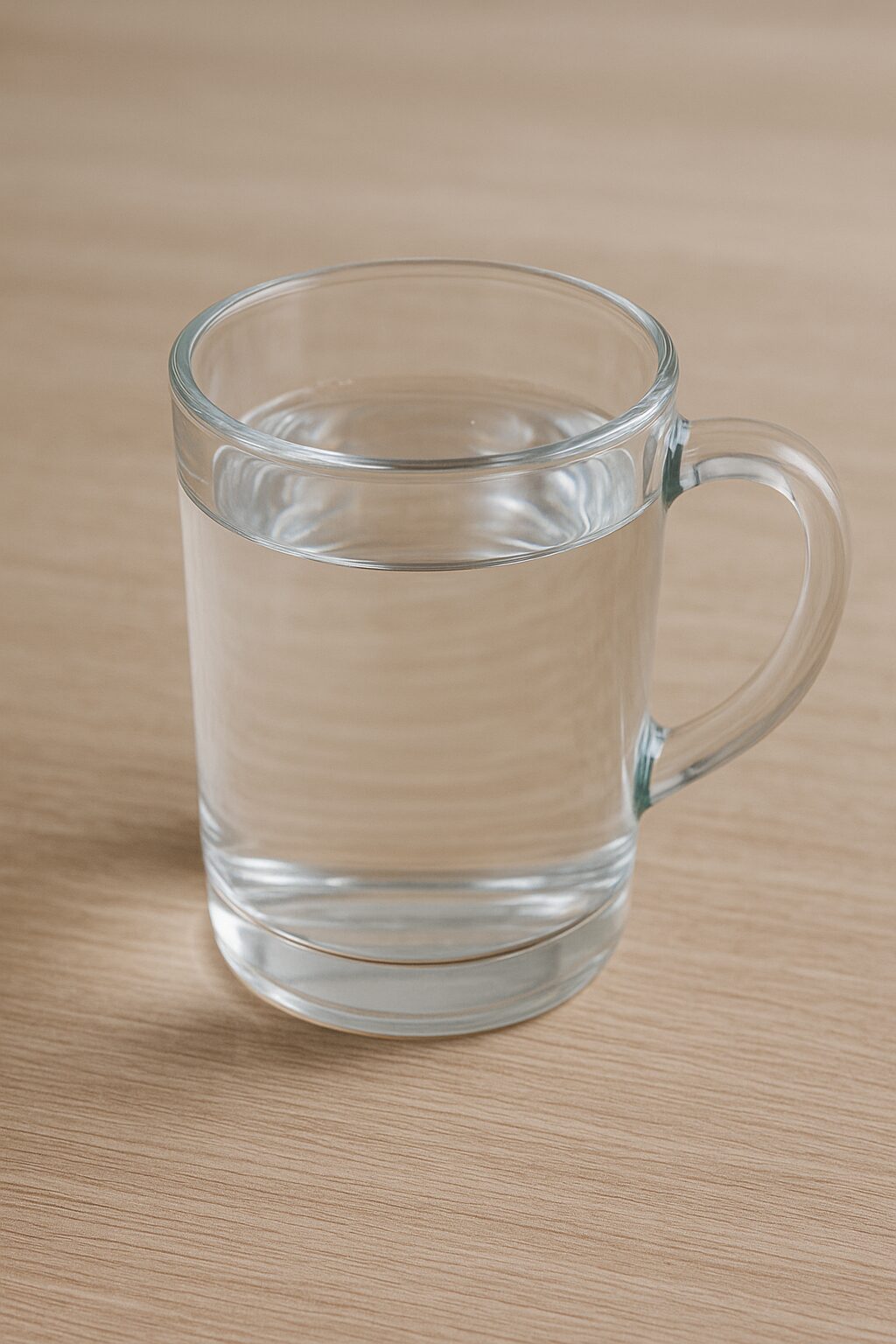Hydration plays an essential role in maintaining skin health. Drinking enough water and following proper moisture care routines can support elasticity, reduce dryness, and help your skin look refreshed. However, it is not just about drinking large amounts of water—consistent habits and external care also matter.

1. Daily Water Intake Guidelines
Adults are often advised to drink about 1.5–2 liters of water daily, though needs may vary depending on activity and environment. Proper hydration may support skin cell function and overall skin appearance.
2. Spacing Water Throughout the Day
Instead of drinking large amounts at once, spacing water intake during the day may help maintain hydration balance. Drinking in the morning, before meals, and after exercise can be especially beneficial.
3. Hydration and Skin Moisture Connection
Low hydration can contribute to skin dryness and reduced elasticity. Internal hydration combined with external moisturizers may provide better results for skin barrier strength.
4. Using Moisturizers to Lock in Hydration
Hydration from water alone may not prevent surface moisture loss. Moisturizers containing hyaluronic acid, ceramides, or glycerin can help lock in water and strengthen the skin barrier.
5. Limiting Caffeine and Alcohol
Coffee and alcohol may have diuretic effects that increase fluid loss. Replacing them with water or herbal teas can support better skin hydration.
6. Eating Hydrating Foods
Fruits and vegetables like cucumber, watermelon, and tomatoes are rich in water and antioxidants. They may help protect skin cells and support hydration.
7. Managing Environment and Lifestyle
Dry air, heating, and UV exposure can accelerate moisture loss. Using a humidifier indoors and applying sunscreen outdoors may help protect your skin.
🍀
Healthy skin requires more than water alone. Consistent hydration, balanced nutrition, and proper skincare routines together may significantly improve skin hydration and resilience over time.
References & Further Reading
American Academy of Dermatology – Skin Moisture Guidelines
World Health Organization – Daily Water Intake Recommendations
National Institutes of Health – Nutrition and Skin Health
※ This article provides general information only. Individual results may vary. For specific skin conditions, professional consultation is recommended.
